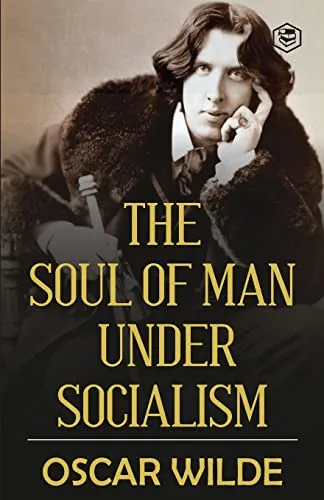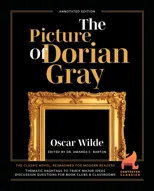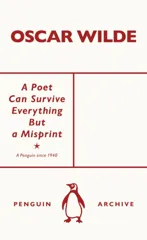The Soul of Man under Socialism
(Author) Oscar Wilde""The Soul of Man Under Socialism"" is an 1891 essay by Oscar Wilde in which he expounds a libertarian socialist worldview and a critique of charity. The writing of ""The Soul of Man"" followed Wilde's conversion to anarchist philosophy, following his reading of the works of Peter Kropotkin. In ""The Soul of Man"" Wilde argues that, under capitalism, ""the majority of people spoil their lives by an unhealthy and exaggerated altruism are forced, indeed, so to spoil them"" instead of realising their true talents, they waste their time solving the social problems caused by capitalism, without taking their common cause away. Thus, caring people ""seriously and very sentimentally set themselves to the task of remedying the evils that they see in poverty, but their remedies do not cure the disease: they merely prolong it"" because, as Wilde puts it, ""the proper aim is to try and reconstruct society on such a basis that poverty will be impossible.""
Oscar Wilde
Oscar Wilde was an Irish playwright, novelist, and essayist known for his wit, flamboyant style, and sharp social commentary. His most famous works include the play "The Importance of Being Earnest" and the novel "The Picture of Dorian Gray," both of which explore themes of identity, morality, and societal expectations. Wilde's writing is characterized by clever wordplay, satirical humor, and a keen observation of human nature. He was a key figure in the aesthetic and decadent movements of the late 19th century and is considered one of the most important voices in British literature. Wilde's impact on literature can be seen in his subversion of conventional Victorian norms and his pioneering use of irony and paradox.






